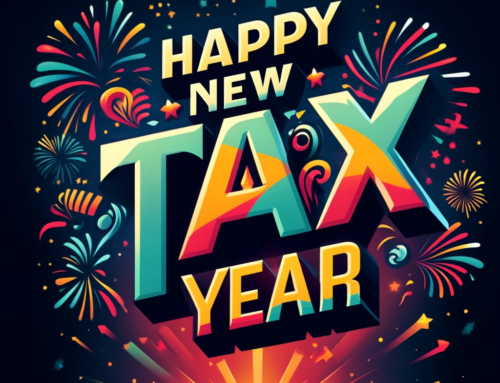
I am sure it didn’t escape your attention that Boris Johnson was on TV this week announcing a new tax / increase in national insurance and dividends.
The announced increase is 1.25% on top of the current National Insurance already deducted from employees and the self-employed.
Possibly the most interesting (or annoying) thing for small business owners is the increase in the rate of tax on dividends.
Apart from the obvious reason for this being annoying – that no one wants to pay more tax – it is interesting because it means that if you pay yourself, or are an employee earning a salary, above the rate at which NI is due, and you receive dividends, you will be hit twice by this rise. Dividends and National insurance are not mutually exclusive.
The increase in the dividends tax is clearly designed to capture anyone paying themselves through a low salary and a dividend but it means that if you receive both you will be paying twice.
So, what does the increase mean in real terms?
Look at the following scenarios – for an individual who has:
- Income of £40,000 from Wages – this will mean an increase of NI of £471 per annum.
- Income of £40,000 but split between Wages (£8000) and Dividends (£32,000) this will mean an increase of £317 per annum.
- Salary of £40,0000 plus £10,000 of Dividends – this will mean an increase of £571 per annum.
- Self Employed Income of £40,000 – this will mean an increase of £381 per annum.
You can see that the worst off here is the individual who is employed and owns a share portfolio bringing in dividends income above the dividend’s threshold of £2,000. Then those hit the next hardest will be employees, followed by the self-employed.
If you own and run your own business and you are paying yourself a salary instead of Dividends it will be worth a review to see if this is the best structure for you – Download and Read our Factsheet – Tax Efficient Ways of Getting Paid from Your Company






